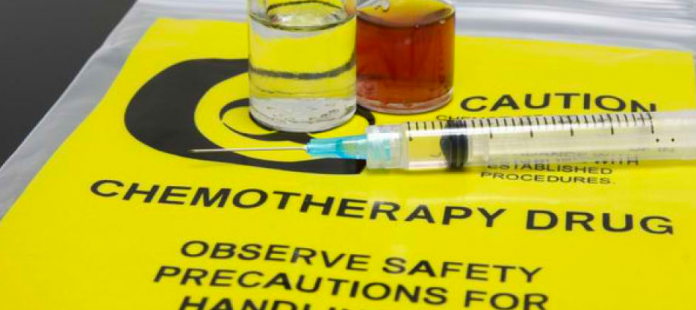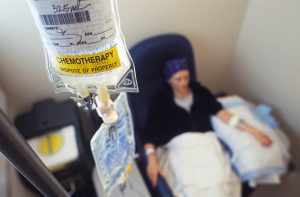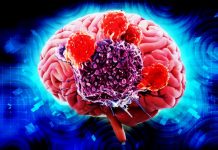
The medical community has long touted chemotherapy as the only viable treatment for cancer, but a new study is showing that chemo, as has long been suspected, is actually itself, a killer. A new study in England shows that 50% of all cancer patients who receive chemotherapy treatments die within 30 days from the treatment, not the cancer. One in five breast cancer patients receiving palliative care at Cambridge University Hospitals died from treatment.
Per the study’s conclusions:
Between Jan 1, and Dec, 31, 2014, we included 23 228 patients with breast cancer and 9634 patients with non-small cell lung cancer (NSCLC) in our regression and trust-level analyses. 30-day mortality increased with age for both patients with breast cancer and patients with NSCLC treated with curative intent, and decreased with age for patients receiving palliative SACT
Our findings show that several factors affect the risk of early mortality of breast and lung cancer patients in England and that some groups are at a substantially increased risk of 30-day mortality. The identification of hospitals with significantly higher 30-day mortality rates should promote review of clinical decision making in these hospitals. Furthermore, our results highlight the importance of collecting routine data beyond clinical trials to better understand the factors placing patients at higher risk of 30-day mortality, and ultimately improve clinical decision making. Our insights into the factors affecting risk of 30-day mortality will help treating clinicians and their patients predict the balance of harms and benefits associated with SACT.
The alarming mortality rate found in hospitals across England lends a great deal of credence to the idea that chemotherapy may be doing more harm than good.
Dr. Jem Rashbass, Cancer Lead for Public Health England — the national health care service, who requested the study, had the following to say in the Telegraph.
“Chemotherapy is a vital part of cancer treatment and is a large reason behind the improved survival rates over the last four decades.
“However, it is powerful medication with significant side effects and often getting the balance right on which patients to treat aggressively can be hard.
“Those hospitals whose death rates are outside the expected range have had the findings shared with them and we have asked them to review their practice and data.”
Pharmaceutical companies continue to lobby against medical marijuana, which some researchers believe to be a viable solution. Chemo might be the best-known solution and option for cancer patients, but that would primarily be due to thin options as a result of pharmaceutical industry strongarming. Chemo’s latest criticisms heighten what seems to be a culture that’s growing with dissent when it comes to pharma’s bribery of politicians.







